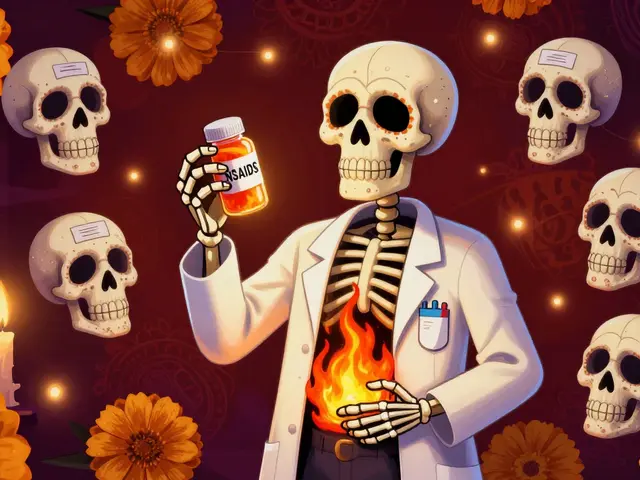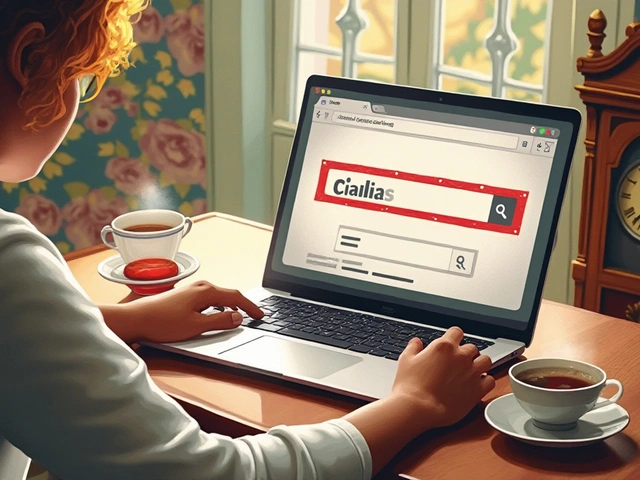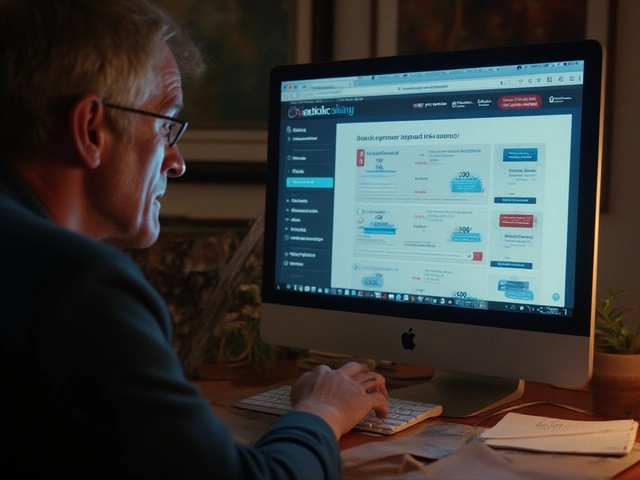Erectile dysfunction: practical guide to causes and treatments
Erectile dysfunction (ED) is more common than people think. It can show up suddenly or slowly, and it often signals something you should check with a doctor. This page gives straightforward, useful steps you can try now and explains safe medical options so you can make better choices with your healthcare provider.
What causes ED?
Physical causes are frequent: poor blood flow from heart disease, high blood pressure, or diabetes can make achieving or keeping an erection hard. Nerve damage from surgery, spinal injuries, or neuropathy also matters. Low testosterone can reduce libido and performance, while certain medicines (some blood pressure pills, antidepressants) can interfere as well. Mental factors—stress, anxiety, depression—can start or worsen ED, and bad sleep, heavy alcohol, or smoking often make things worse.
If ED starts suddenly or comes with other symptoms like chest pain, shortness of breath, or loss of sensation, get medical help right away. ED can be an early sign of cardiovascular problems in otherwise healthy men.
Safe treatments and practical steps
Start with simple changes that clearly help: quit smoking, cut back on alcohol, aim for 30 minutes of exercise most days, and focus on a balanced diet that supports heart health. Losing excess weight and fixing poor sleep often improve erections and energy.
PDE5 inhibitors—sildenafil (Viagra), tadalafil (Cialis), and vardenafil—work for many men. They need a prescription and won’t mix with nitrates for chest pain. Talk to your doctor about side effects, dosing, and interactions. Tadalafil lasts longer and may be taken daily at a low dose; sildenafil is shorter-acting and usually taken before sex.
If pills aren’t an option or don’t work, other choices exist: vacuum erection devices, penile injection therapy, urethral suppositories, and penile implants. Each has trade-offs—ask a urologist to walk you through risks, benefits, and recovery time.
Don’t ignore the emotional side. Counseling or sex therapy helps when anxiety or relationship issues play a role. Combining therapy with medical treatment often gives the best results.
Buying meds online can save money, but only use licensed pharmacies that require a prescription. Avoid sites that sell prescription drugs without asking for a doctor’s note—those shipments may be unsafe or counterfeit.
When to see a doctor: if lifestyle changes don’t help in a few weeks, if ED is sudden, painful, or paired with other symptoms, or if you have diabetes or heart disease. A basic check will usually include blood pressure, blood sugar, testosterone level, and a medication review.
ED is treatable in most cases. Start with sensible lifestyle changes, get evaluated for underlying health issues, and work with a clinician to pick a safe, effective option that fits your life.

Discover Silvitra, a popular treatment for erectile dysfunction. Learn about its unique dual-action formula, benefits, how to use it, and what to watch out for.
Chris Gore Jun 27, 2025
Discover seven valuable alternatives to RexMD.com in 2024, each offering unique telehealth solutions for men's health. From comprehensive platforms like Hims and Ro, to specialized services like BlueChew, these options cater to diverse needs. Learn about the pros and cons of each, helping you make informed decisions about your health care strategy. Whether you prefer wide-ranging health options or focus on specific issues, this guide is tailored to help you find the best fit.
Chris Gore Oct 20, 2024




